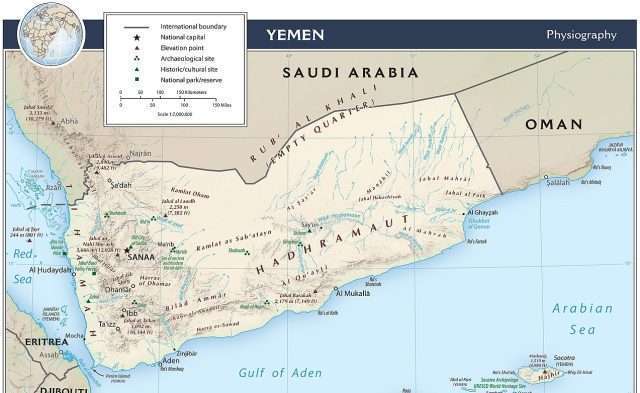Al-Qaeda in the Arabian Peninsula’s operations in Yemen

Author: Daniele Garofalo
The recent al-Qaeda in the Arabian Peninsula terrorist attack against the Southern Separatist Forces in Yemen demonstrated the group’s capabilities and its possible influence in regional geopolitical dynamics and security.
On March 22nd, 2022, Al-Qaeda in the Arabian Peninsula (AQAP) claimed a violent attack in Abyan, Yemen, against the convoy of the commander of the Southern Separatist Forces (STC, supported by the United Arab Emirates) Abd al-Latif al-Sayyid. This is the second attack that AQAP conducted in Yemen in 2022.
In the statement, AQAP claims to have conducted an attack with a suicide vehicle-borne improvised explosive device (SVBIED), followed by an Inghimasi’s attack (well-trained guerrilla fighters organised in a team whose goal is to infiltrate enemy positions to cause as much damage as possible, generally expecting to be killed while doing so, resulting in the death of the STC commander and 14 other soldiers. AQAP also declared that further attacks will follow in the coming weeks and that there is no shortage of suicide bombers in their ranks for their future operations.
Why does it matter?
Although AQAP has suffered from infighting between Batarfi’s leadership and some internal separatist factions since 2020, the organisation remains resilient and operationally capable, thanks to its support and links with local tribes. The organisation’s targets are multiple: Houthi rebels, regional and international actors supporting government forces, the STC, and foreign actors with interests in the country (India and China). The war in Yemen has provided AQAP with the opportunity to recover and close ranks. Although the future of the Yemen civil conflict is unknown, if the regional war comes to an end, this does not mean that al-Qaeda will lose its appeal and capabilities and will put to end its violent attacks.
Furthermore, although the Wilayah al-Yaman (Yemen) seems not to be very operative now, this group pledged its allegiance to the new Islamic State’s Caliph (Islamic State wilayats pledged allegiance to their new leader; Islamic State’s new leader and future threats in Eurasia), underlying its presence on the ground and the possibility of future terrorist attacks.
